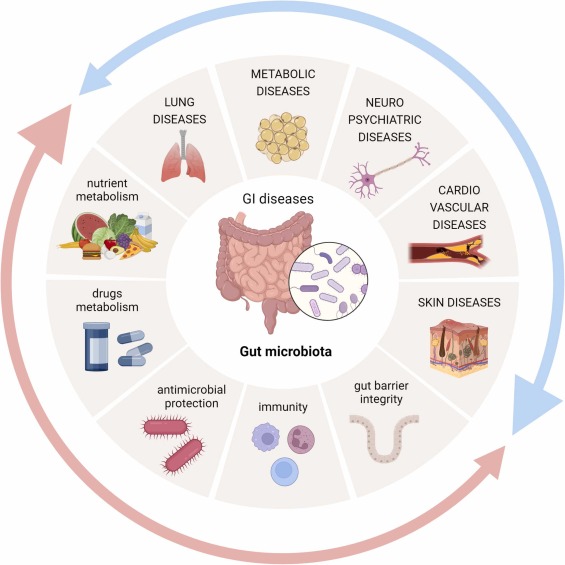💡 This study employs High-Resolution Proton Nuclear Magnetic Resonance (1H HR NMR) metabolomic analysis to investigate the metabolite profiles of meconium and stool samples from preterm newborns. The research aims to assess the feasibility of NMR in understanding the metabolic and nutritional status of preterm infants, with a focus on gender-related variations and microbial influences. Despite the pilot nature and limited sample size, the study provides valuable insights into metabolomic patterns, emphasizing the potential of NMR as a non-invasive tool for evaluating newborn health.
📍 Key Scientific Findings:
📌 Meconium and Stool Metabolite Profiles: NMR analysis of meconium and stool samples reveals diverse metabolites, including amino acids, organic acids, and short-chain fatty acids (SCFAs). Detected amino acids encompass both essential and non-essential types, while organic acids include aspartate, formate, glutamate, succinate, and SCFAs such as acetate, butyrate, and propionate.
📌 Impact of Time Points, Gender, and Couplets: Unsupervised latent features discovery through NMR spectra highlights the modulation of lactate and acetate concentrations over time, driven by microbiota maturation. Meconium and stool metabolite profiles exhibit variations based on gender and twin couplets, showcasing the uniqueness of individual newborns.
📌 Butyrate as a Key Metabolite: Butyric acid concentration stands out as a crucial metabolite, displaying significant variation between twin couplets.
Butyrate, a short-chain fatty acid, plays a pivotal role in immune modulation, intestinal mobility, cell growth, and differentiation.
📌 Glycerol and Gender-Related Differences: Glycerol is identified in meconium and feces, and its levels may be influenced by the microbiota composition, showing gender-related differences. Gender-specific microbiota composition in preterm newborns contributes to variations in glycerol metabolism.
📌 Need for Multiomic Approaches: The study emphasizes the necessity of combining metabolomic analysis with microbiome investigations for a comprehensive understanding of preterm newborn development. Multiomic approaches, integrating metabolomics and microbiome analysis, are crucial for unraveling the intricate interplay between metabolites and microbial communities.
📍 Limitations: The pilot nature of the study and the small sample size limit the ability to assess the impact of factors such as nutrition, antibiotic use, and clinical variables on the metabolome. Lack of microbiome analysis is acknowledged as a limitation, and future studies should integrate multiomic approaches for a more comprehensive perspective.
📍 The study demonstrates the feasibility of NMR-based metabolomics in evaluating the molecular profiles of meconium and stool in preterm newborns. Meconium analysis provides valuable insights into amino acid, organic acid, and SCFA concentrations, with butyrate emerging as a key differentiator between individuals. The gender-related variations and unique metabolomic signatures highlight the potential of NMR as a non-invasive tool for assessing the health and nutritional status of preterm infants.
Link to the article : http://tinyurl.com/ms9sctd3
